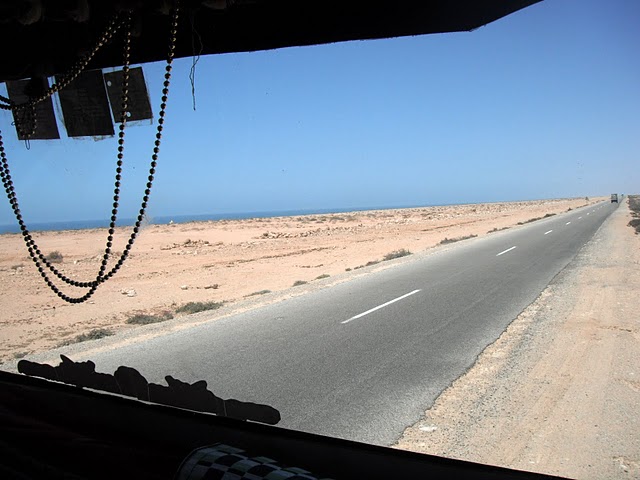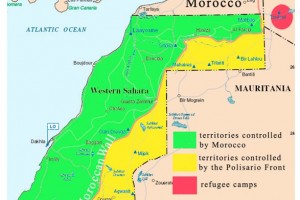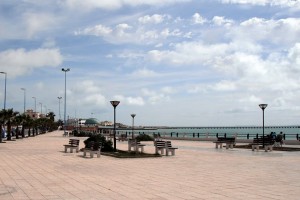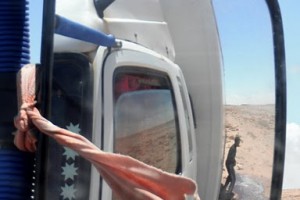“Where?”
-Everyone I’ve talked to.
ONE LAST RESORT FAMILY CONNECTION got me in Sayid’s Honda Jazz, which proved plenty capable of navigating the sandy tracks inside the minefield. We quickly reached the ‘border’ dividing Western Sahara’s two territories where the multiple plaques, flags, guards, and military very obviously spelled out that this was “Morocco“, although more telling was the lack of black people in this place only a few minutes north of an entire town of them. The few black Africans present in the visa check were getting grilled, looking uneasy, and it couldn’t have improved their mood to watch me get waved through thanks to my American passport.



